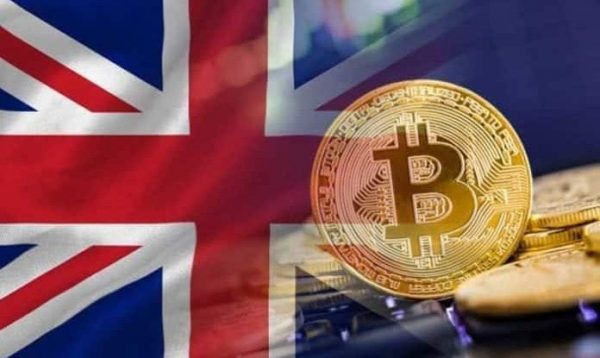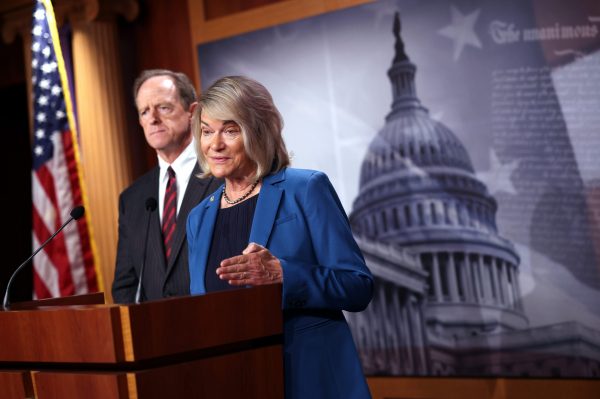Introduction
In the latest of a series of moves aimed at expanding the regulatory framework for cryptocurrencies, US government policies typically applied to fighting corruption in real estate transactions may soon affect cryptocurrencies and their users.
In mid-December 2021, the US Financial Crimes Enforcement Networks (FinCEN) announced that it would be opening dialogue with the public regarding an update to its anti-money laundering and counter-terrorism financing (AML/CFT) policies — in particular with regards to the application of the Bank Secrecy Act (BSA).
This built upon a previously proposed rule that required banks, credit unions, and money service industries to report, record, and verify customer identities related to digital currency transactions.
This move has attracted the attention of the crypto community and may have consequences for the larger blockchain ecosystem. Let’s take a closer look.
FinCEN seeks dialog on crypto about anti-money laundering
FinCEN is seeking ways to streamline, modernize, and update the AML and CFT regime of the United States. A previous press release elaborated that the agency is interested in ways to modernize regulations concerning the BSA.
In sum, the regulatory agency is seeking constructive input from scholars, think tanks, and specialists regarding its future approach to issues including real estate corruption and what it terms as “digital currencies,” meaning crypto.
Once the review is completed, FinCEN intends to submit its findings to Congress alongside several policy recommendations.
What is the Bank Secrecy Act (BSA)?
The Bank Secrecy Act (BSA)is a set of regulations designed to detect and prevent money laundering as well as terrorism financing risks in the United States, from which federal agencies like FinCEN and banking regulator the Office of the Comptroller (OCC) take their cue
The BSA has played an important role in the regulation of cryptocurrencies, with its so-called Travel Rule [31 CFR 103.33(g)] which requires all financial institutions to pass on certain information, being adopted by both FinCEN (1997) and the Financial Action Task Force (FATF) in 2019, the latter definining certain crypto companies as virtual asset service providers (VASPs), that should also meet specific licensing benchmarks.
Officially titled the “Financial Recordkeeping and Reporting of Currency and Foreign Transactions Act of 1970,” the director of FinCEN, Michael Mosier, is tasked with enforcing its regulations. Both banks and non-bank financial institutions fall under the jurisdiction of the BSA.
Analogously, FinCEN classified crypto businesses as money services businesses (MSB) in an attempt to bring them into the framework of the BSA in 2013. In sum:
- The BSA provides a regulatory framework designed to hold banks and other financial institutions accountable for practices that enable or ignore money laundering or the financing of terrorism.
- The term “Financial Institutions” now applies to cryptocurrency companies.
Taking a closer look at how the BSA is applied will demonstrate its relationship to the cryptocurrency ecosystem.
Three ways the BSA could influence the crypto ecosystem
- Holding crypto companies accountable for money laundering
Acquiring a mortgage when purchasing real estate necessitates using a financial institution. These businesses are subject to AML rules under the BSA and are required to report suspicious behavior to the government. However, all-cash real estate transactions do not attract as much scrutiny as those made through banks, presenting opportunities for corruption.
Many crypto investors convert their digital currencies to traditional assets — including stocks, gold, and, of course, real estate. Between 2015 and 2020, an estimated $2.3 billion was laundered using real estate in the US.
This may mean that FinCEN could hold cryptocurrency companies accountable if they facilitate corruption through real estate. Indeed, similar to all-cash transactions, the nature of crypto ensures anonymity.
- Punishing of crypto companies who violate the BSA
Many crypto companies pride themselves on providing secure, alternative, and private financial services to their clients. While overriding concerns about the use of cryptocurrency in crime are misplaced, pretending like it does not happen is pure naivety.
On December 16, 2021, FinCEN and the Office of the Comptroller of the Currency (OCC) levied penalties against a community bank in Texas for violating the BSA. The series of fines, which totaled about $9 million, were issued as the bank in question failed to report transactions over a certain amount or that may have been used in crime.
Increased scrutiny from FinCEN could result in similar fines issued to crypto companies, which could, in turn, result in them changing the nature of their services.
Expect increased rates and/or decreased privacy.
- Banning cryptocurrency altogether
As mentioned above, FinCEN’s announcement is one of several similar moves made in recent months. These moves indicate a greater institutional framework for the use of cryptocurrencies. Ideally, this will increase consumer confidence, further propagate the use of cryptocurrency, and provide a foundation upon which the industry can grow.
Alternatively, the worst-case scenario could see cryptocurrency banned in its entirety — or at the very least force it to become more centralized, less discreet, and more like fiat currency. This is highly unlikel though.
Conclusion
All but the most die-hard libertarian crypto users understand the need to control money laundering and avoid the financing of terrorism. Likewise, there is a general recognition that the mass adoption of crypto necessitates institutional acceptance.
In this case, FinCEN is merely seeking consultation, but clumsy government regulation has a tendency to stifle innovation. In the end, VASPs have to wait to hear FinCEN’s policy recommendations before deciding whether to celebrate or grumble.


